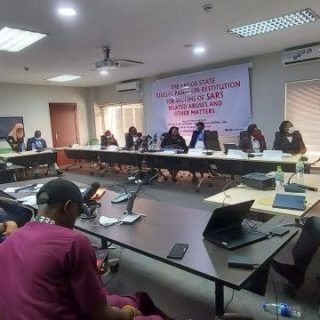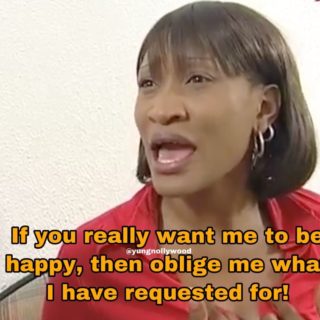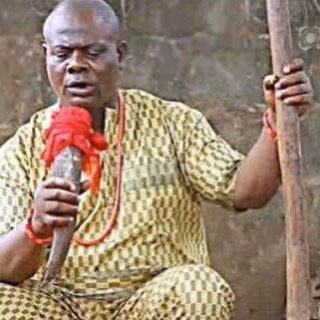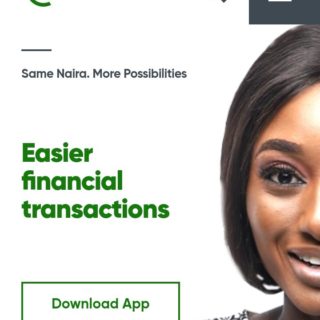Nigeria is currently in a lot of debt and Nigerians are stressed out — with good reason.
A recent cause for this stress is the news that President Muhammadu Buhari has asked the National Assembly to approve his plan to borrow over $4 billion and €710 million from international organisations to finance projects in the 2021 budget.
The President also asked the National Assembly to allow him to seek $125 million in grants for special projects.
Buhari practically said:
The new loan request is coming just four months after the President requested that the National Assembly approve his plan to borrow over $8.3 billion and €490 million from various international organizations. This request was approved.
In March 2021, the National Assembly also approved the President’s plan to borrow $22.7 billion for “infrastructure development”.
But Exactly How Much Is Nigeria Owing?
You may want to sit down for this next part. As of March 31, 2021, Nigeria’s total public debt stood at over $87.2 billion which is about ₦33.1 trillion.
Of that debt, $43.5 billion is to be paid by the federal government while the state governments and the Federal Capital Territory owe $10.8 billion.
At the time, Nigeria also owed a total of $32.8 billion or ₦12.4 trillion foreign debts while we owed $54.3 billion or ₦20.6 trillion domestic debts.
Be honest, this is what you thought when you saw what “we” owed:
These numbers are just from March and they don’t include the recent May and September loan requests by the Federal Government or any of the new loan plans by the 36 state governments. The foreign exchange rate was also different at the time of calculation.
Who Is Nigeria Owing?
As of March 31, 2021, these are the people Nigeria owes abroad:
- International Monetary Fund – $3.44 billion
- International Development Association– $11.09 billion
- International Bank for Reconstruction and Development – $410 million
- African Development Bank – $1.59 billion
- African Growing Together Fund – $210,000
- African Development Fund – $942 million
- Arab Bank for Economic Development in Africa – $5.88 million
- European Development Fund – $51.3 million
- Islamic Development Fund – $29.7 million
- International Fund for Agricultural Development – $223 million
- Exim Bank of China – $3.4 billion
- Agence Française Development – $486 million
- Japan International Cooperation Agency – $74.6 million
- Exim Bank of India – $34.5 million
- Kreditanstalt Fur Wiederaufbau – $183.7 million
- Eurobonds – $10.3 billion
- Diaspora Fund – $300 million
- Promissory notes – $179.5 million
Nigeria owes a total foreign debt of $32.8 billion as of March 31, 2021.
Nigeria Can Pay This Money Back, Right??
Borrowing money is not a bad idea if you can pay it back. But Nigeria is currently swimming in so much debt, and it is not making enough money to justify taking on more debts.
This year alone, Nigeria will be paying back ₦3.12 trillion in debts. On top of that, Nigeria plans to borrow another ₦5.6 trillion.
These debts are unsustainable because the government wants to spend ₦13.5 trillion yet Nigeria plans to make only ₦7.99 trillion, and we have not made more money since the ₦10 trillion we made in 2014.
South Africa, for instance, wants to spend R2 trillion in 2021, but the country makes R1.36 and will be borrowing R689 trillion. South Africa will also be paying back debts of R232 billion, but it has a very good tax system that can help it to generate revenues easily.
Economists say that Nigeria’s “debt to GDP ratio” (that is Nigeria’s total debt compared to Nigeria’s total productivity) currently stands at about 32% and apparently, that is still low and in line with the World Bank’s recommendations.
But economists also agree that Nigeria’s “debt to revenue ratio” (that is Nigeria’s total debt compared to how much Nigeria actually makes) is becoming a concern.
Nigeria must reduce its debts and start making more money if it does not want to be caught in a debt trap.




